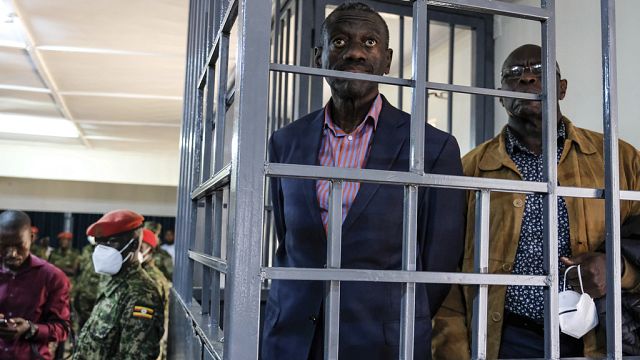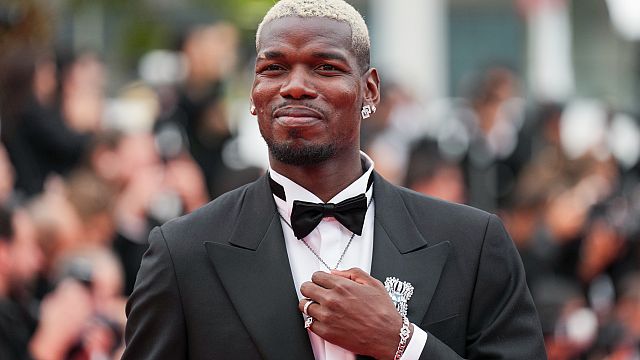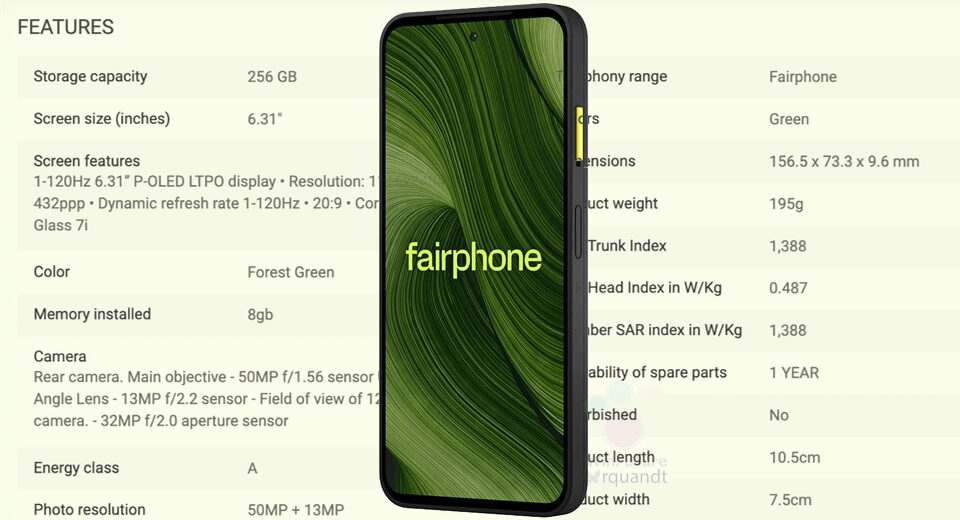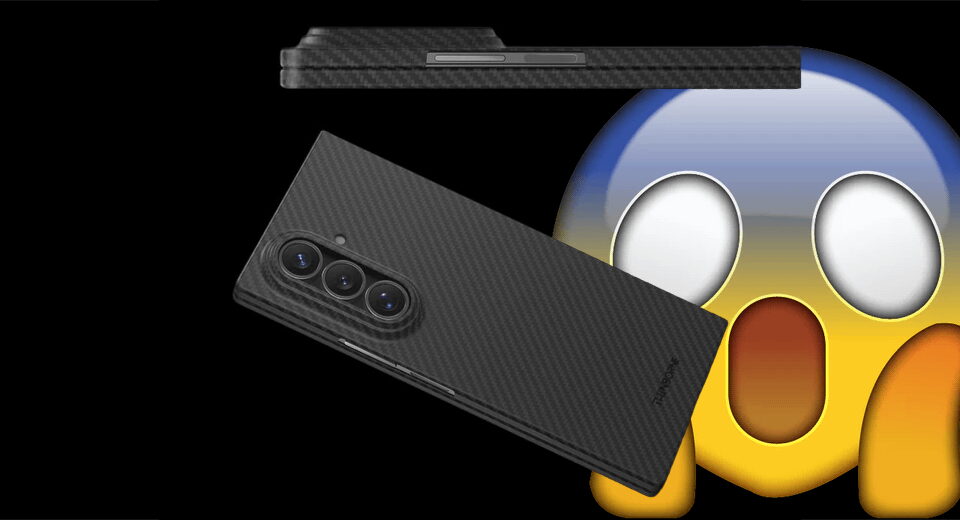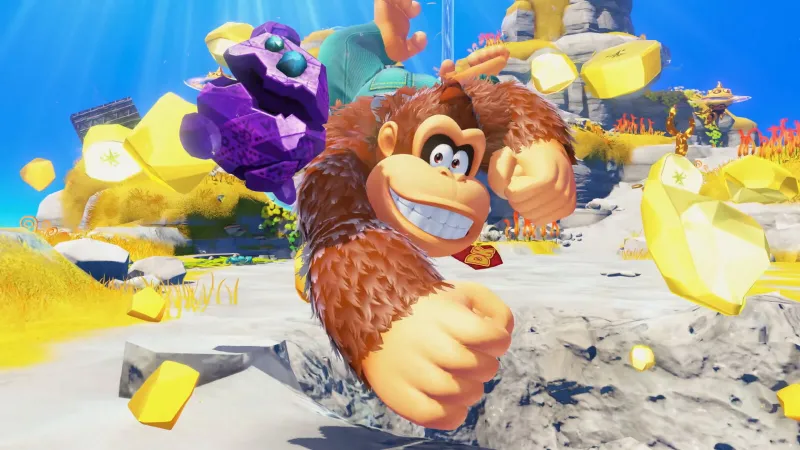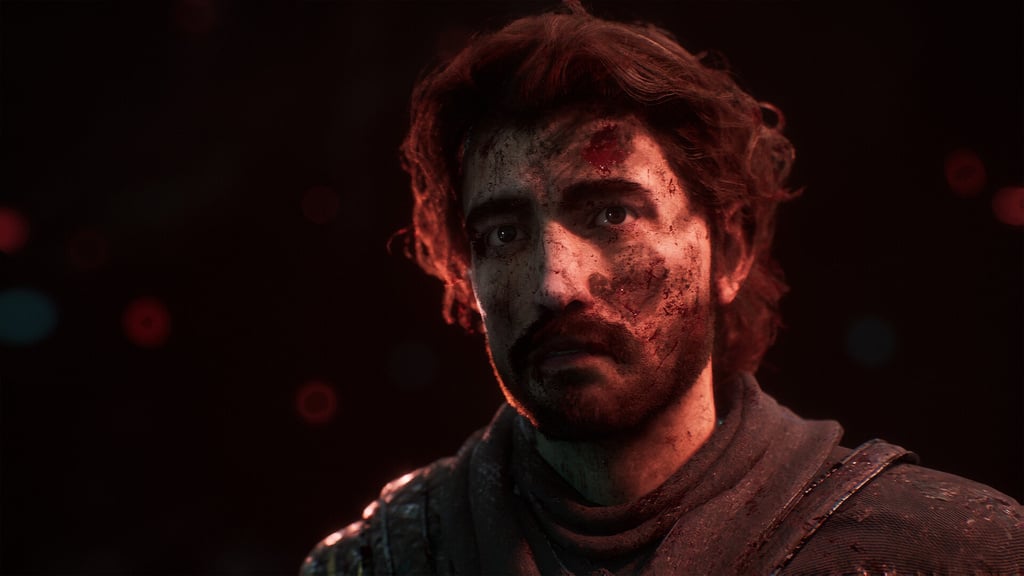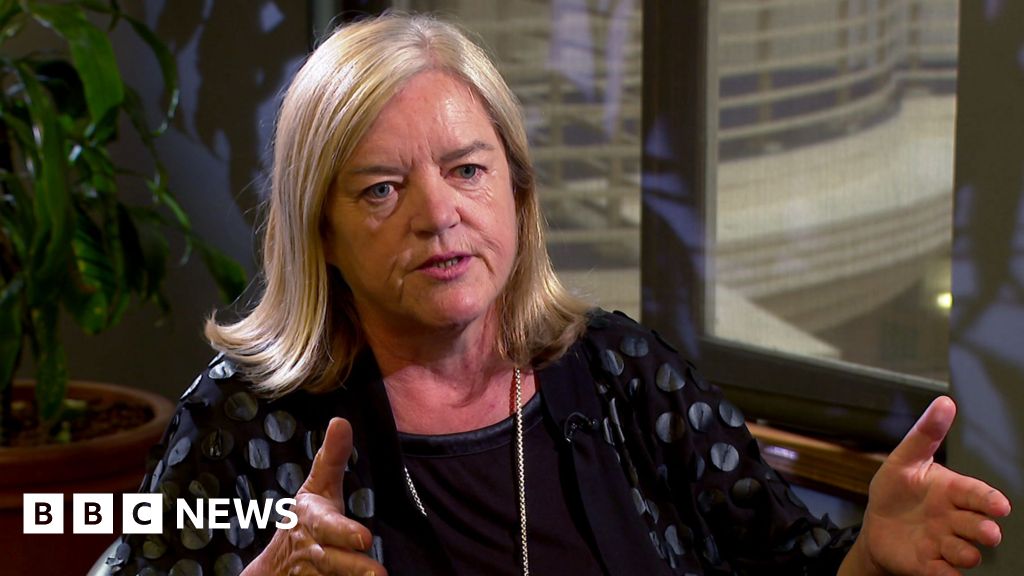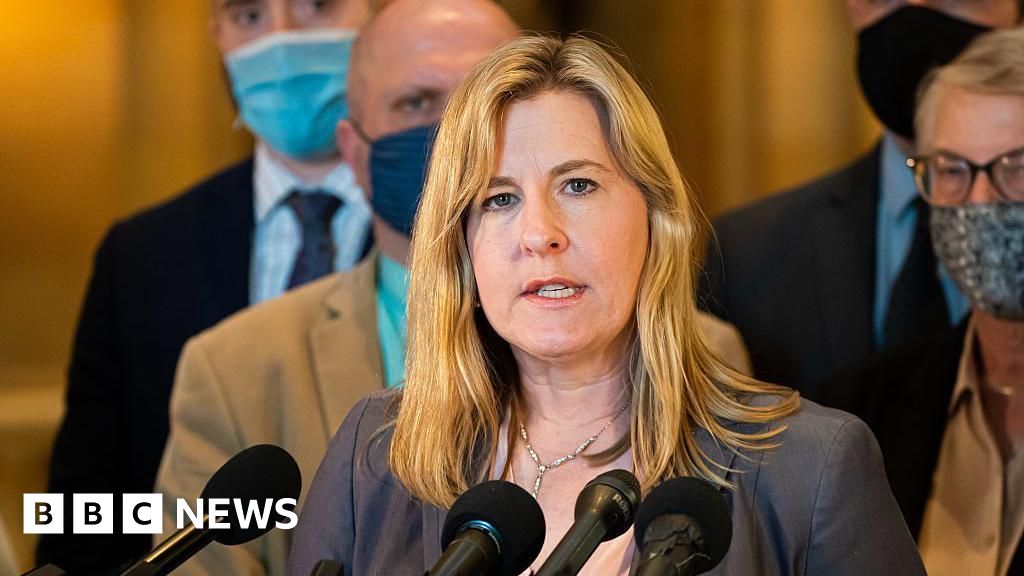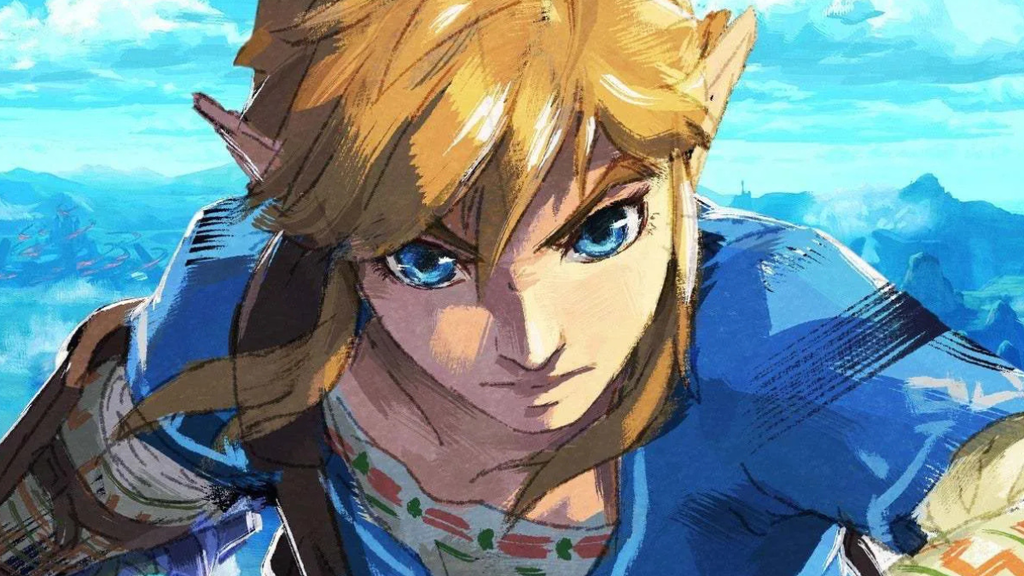Trump Will Not Sign G7 Statement on Iran and Israel, Official Says


A White House official said President Trump had decided not to sign onto a statement drafted for Group of 7 allies that urges restraint from both Israel and Iran, which have been trading attacks for days. President Trump has decided not to sign onto a statement calling for de-escalation between Iran and Israel that is being prepared by the Group of 7 industrialized nations, according to a White House official, the first evidence of an ongoing rift between Mr. Trump and his fellow leaders gathered for a summit in Alberta, Canada. The official, who asked for anonymity to discuss the joint statement, which has not been released publicly, did not say why the president was opposed to signing. A copy of the draft statement, which was obtained by The New York Times, urges both Israel and Iran to halt attacks on one another that have killed dozens of people in both countries over the past several days. A G7 official said the draft statement was not final and that discussions about the situation in the Middle East among the leaders, including Mr. Trump, were expected to continue throughout the day on Monday and again on Tuesday. The official requested anonymity to discussed a sensitive diplomatic matter. The draft statement, expresses deep concern regarding the conflict, which began on Friday when Israel launched strikes across Iran, including on its nuclear research facilities. The Israeli prime minister, Benjamin Netanyahu, has said the strikes are necessary to prevent Iran from developing a nuclear weapon. The Israeli strikes prompted waves of retaliatory ballistic missiles and drones from Iran, some of which struck targets across Israel. Iran has repeatedly said it does not intend to build a nuclear weapon but insists on being allowed to develop nuclear power for the country’s needs. The draft G7 statement is being prepared for the leaders of the group’s member nations — besides the United States and Canada, they are Britain, France, Germany, Italy, Britain and Japan — along with the leaders of the European Union. It acknowledges the need to prevent Iran from acquiring a nuclear weapon and explicitly supports Israel’s right to defend itself. But it also calls on both sides to de-escalate in order to resolve the issue of Iran’s nuclear ambitions at the negotiating table, saying that diplomacy is the best way to resolve the dispute. Speaking to reporters at the summit in the mountain town of Kananakis in western Canada, Stefan Kornelius, a spokesman for the German government, said the purpose of a joint statement was to have “impact” on the situation in the Middle East. He said it was unclear whether the United States might relent and end up signing on. “We’ll see in the end,” Mr. Kornelius said. “It’ll be up to the American side to decide whether we’re going to have a G7 statement on the Middle East or not.” The White House official said that despite declining to sign on to the joint statement with the allies, Mr. Trump remained focused on preventing Iran from obtaining a nuclear weapon. On Sunday, Mr. Trump told ABC News that he was “open” to the idea of President Vladimir V. Putin of Russia mediating the conflict between Israel and Iran. Iran and the United States have been trying for weeks to reach an agreement in which Iran would voluntarily give up its nuclear research. Those talks were supposed to continue over the weekend but were canceled because of the strikes in both countries. Earlier on Monday, Mr. Trump admonished Iran for not agreeing to a deal to limit its nuclear ambitions. He said he had given them 60 days to reach a deal that might have averted the Israeli attack. “They’d like to talk,” Mr. Trump said of the leadership in Iran. “But they should have done that before. I had 60 days, and they had 60 days, and on the 61st day, I said, we don’t have a deal. They have to make a deal, and it’s painful for both parties, but I’d say Iran is not winning this war, and they should talk, and they should talk immediately, before it’s too late.” Even as the G7 summit unfolded behind closed doors in Canada, the conflict in the Middle East continued unabated. Israel widened its targets on Monday, striking and setting fire to the headquarters of state television while anchors were broadcasting live. Iran has been retaliating, sending missiles and drones headed toward Israel on Monday. But Mr. Trump said that he believed the fighting would end soon. “I think Iran basically is at the negotiating table,” he told reporters at the summit. “They want to make a deal."
What's Your Reaction?
 Like
0
Like
0
 Dislike
0
Dislike
0
 Love
0
Love
0
 Funny
0
Funny
0
 Angry
0
Angry
0
 Sad
0
Sad
0
 Wow
0
Wow
0





